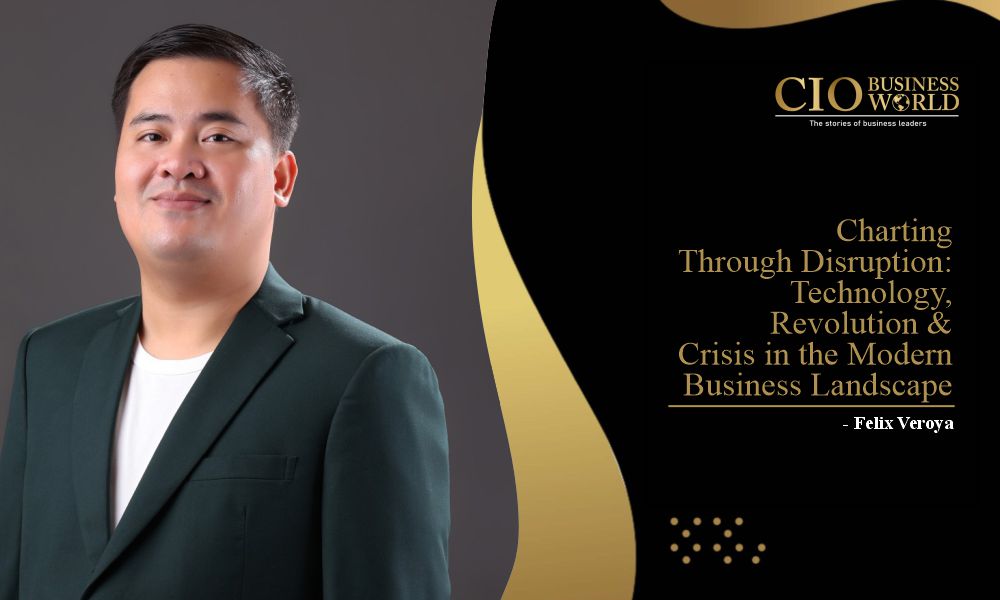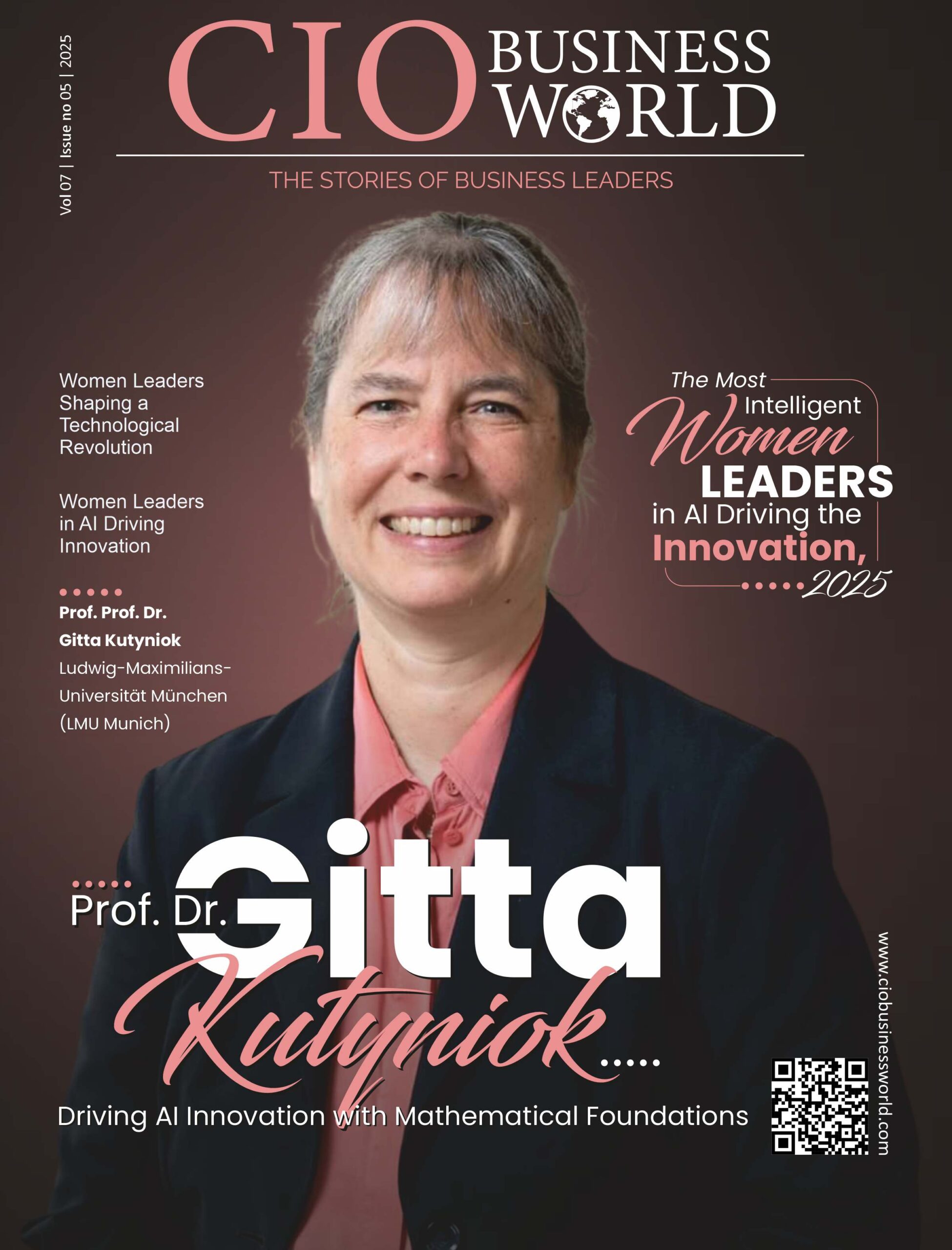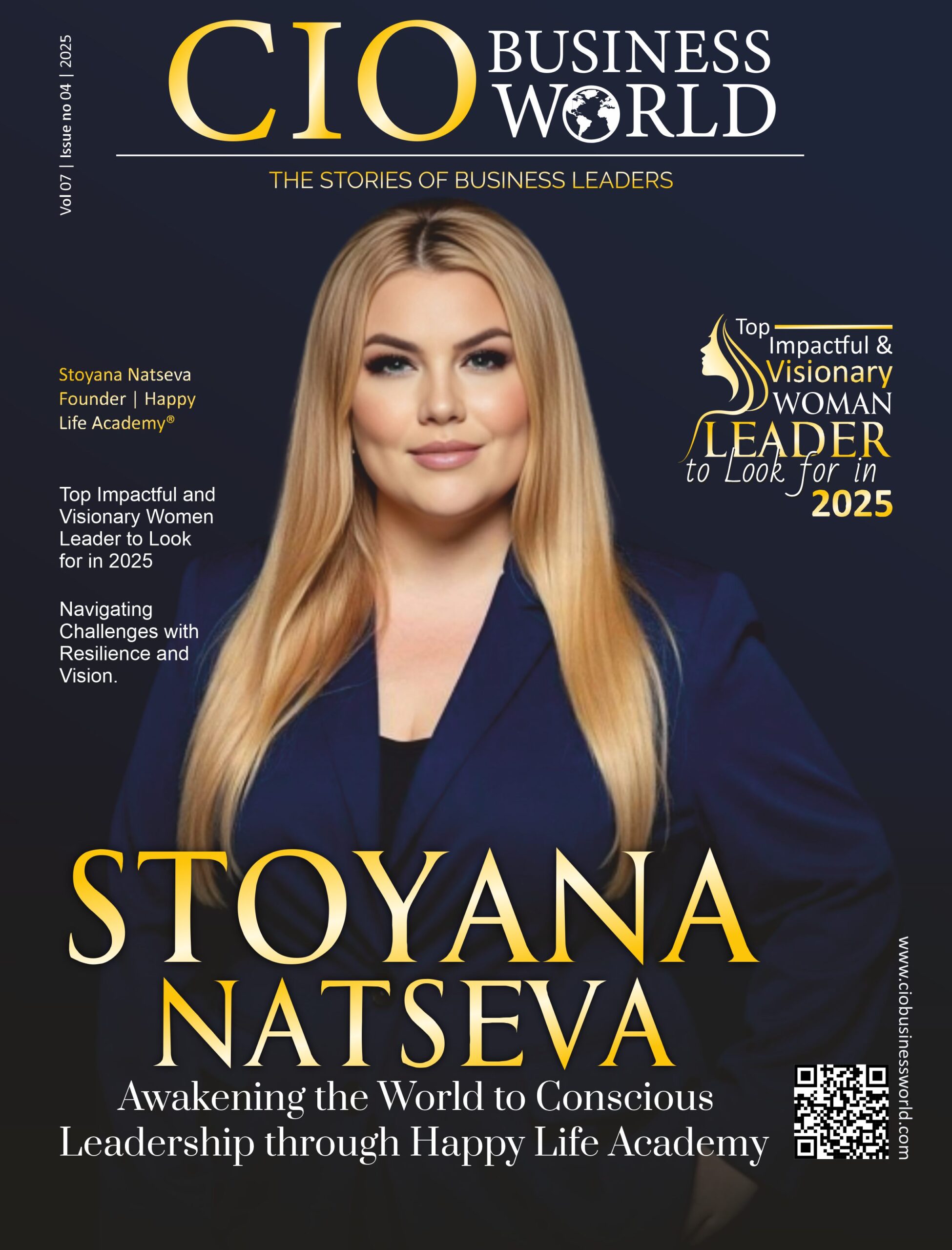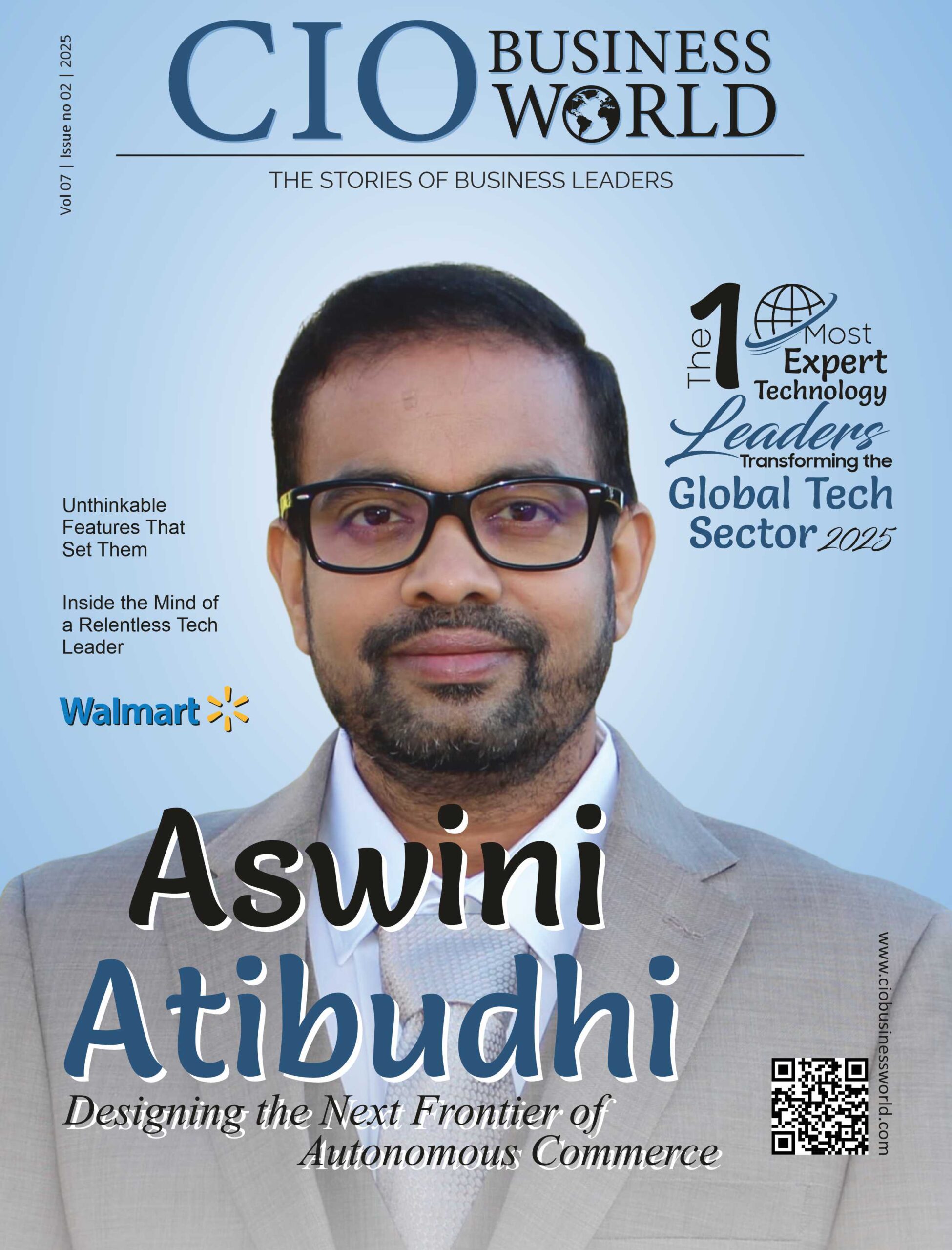In the vast digital expanse where data pulses like lifeblood and connectivity weaves the threads of modern society, cybersecurity innovators live in constant dialogue with uncertainty. To them, the world is less a battlefield and more a delicate ecosystem—a living entity teetering on equilibrium between order and chaos. They do not merely respond to threats; they anticipate them, embrace complexity, and harmonize defense with the evolving rhythm of technology and human behavior.
They See the World Differently: Beyond Black and White
For these pioneers, cybersecurity is not a simple game of offense and defense — it is an intricate art that requires humility. They accept that no fortress is impenetrable, no system perfect. Instead of chasing illusions of absolute security, they operate with the profound understanding that vulnerability is inherent. Their mindset is one of vigilant acceptance: “Threats will find a way, so we must empower resilience.”
They view security as a continuous process, a journey rather than a destination. Every line of code, every system interaction is an opportunity to learn and adapt — a puzzle constantly reshaped by new actors, unfamiliar tactics, and emerging technologies. To innovate here demands not only technical mastery but psychological insight and philosophical patience.
Guardians of Trust in a World That Doubts
In a landscape riddled with deception and anonymity, trust is the scarcest currency. Cybersecurity innovators live by a motto: never trust by default. They understand that trust must be earned through verification, reinforced by boundaries, and renewed with every transaction or interaction. This ethos births frameworks like “zero trust,” where skepticism is encoded into the very DNA of digital systems.
To them, identities are not static badges but dynamic signals that must be continuously evaluated. They craft environments where the assumption is perpetual verification—every access request, every data movement scrutinized with surgical precision. This relentless questioning, far from cynical paranoia, is a pragmatic necessity.
Embracing Complexity: When Threats Become Fluid
The innovators accept that adversaries are more than mere hackers; they are agile, collaborative, and ever innovating. The traditional indicators fade as attacks become subtle, multi-layered, and adaptive. Cybercriminals exploit not only technical flaws but social psychology, weaving influence campaigns, insider threats, and supply chain weaknesses into the fabric of their assaults.
This is a reality these defenders do not resist but embrace. Recognizing complexity, they turn to advanced analytics, machine learning, and artificial intelligence—not as magic bullets, but as essential allies that help detect the faintest whispers of abnormal behavior. They know that patterns don’t simply appear—they must be uncovered and understood before damage unfolds.
Quantum Computing: Both a Threat and an Inspiration
The rise of quantum computing sits at the edge of their consciousness—equal parts opportunity and existential challenge. They do not see quantum purely as a threat but a call to evolve. If encryption can be broken by quantum speed, then cryptographic defenses must be transformed into reflections of new realities, quantum-resilient and forward-thinking.
For them, this is a profound lesson in staying ahead of the curve—how to harness emerging tools before adversaries do, how to transform vulnerability into innovation. It is proof that cybersecurity is never static but a continuous leap into the future, requiring foresight as much as foresight as fortitude.
The Human Element: Trusting Machines, Embracing People
While automation and orchestration are critical pillars, these innovators maintain that defense is not just a matter of technology but of human collaboration. They see cybersecurity as a socio-technical cocreation: machines can analyze at scale, but humans interpret nuance, ethical judgment, and strategic creativity.
They embrace AI and automation not to replace people but to empower them—to free security analysts from drudgery and unending alert fatigue, enabling focus on deeper insights and strategic parallels. In their worldview, technology amplifies human judgment; it does not substitute it.
Furthermore, they understand that insiders—trusted users—can pose the gravest risks, whether by error or intent. Hence, behavioral analytics becomes a core discipline where technology learns “normal” to spot deviation, but always interpreted with empathy and context.
Defenders of the Digital Frontier
Today’s cybersecurity innovators are the stewards of a frontier that blends digital infrastructure with the real world: smart cities, healthcare networks, critical infrastructure. Every firmware update, every connected device, every cloud service represents a new frontier to be respectfully stewarded.
They approach their role as guardians, not gatekeepers. The goal is not to shut down access but to enable the free flow of information with rigorous protection envelopes. They see themselves as architects of trust frameworks, crafting the invisible structures that allow business, communities, and individuals to operate with confidence.
A Philosophy of Ongoing Vigilance
Most importantly, cybersecurity innovators embody a philosophy of endless vigilance—not fearful paranoia but prudent mindfulness. They accept impermanence: that today’s solutions may be tomorrow’s flaws, that digital landscapes shift as fast as seasons change.
For them, innovation is inseparable from humility. Defenses must be agile, learning systems that self-correct. They cultivate an adaptive mindset in their teams and technologies alike, knowing that rigidity and complacency are the true enemies.
The Quiet Ethos of Cybersecurity Innovators
To inhabit their mindset is to dwell simultaneously in realms of uncertainty and control, threat and opportunity, chaos and order. These innovators do not merely code or configure; they craft living defenses imbued with patience, resilience, and foresight. They embrace the shadowy nature of their work, never claiming total victory, but always pushing the frontier between darkness and light.
In a world where digital threats never sleep and complexity grows unfathomable, their acceptance of the infinite challenge fuels a quiet determination. They are the custodians of trust, the orchestrators of defense, and the unseen champions of a safe digital tomorrow. Through their eyes, cybersecurity is no longer a war but a perpetual symphony—dynamic, profound, and endlessly evolving.
If you want, I can help tailor it further—adding more poetic nuance or practical perspective to deepen the narrative. Would you like that?









